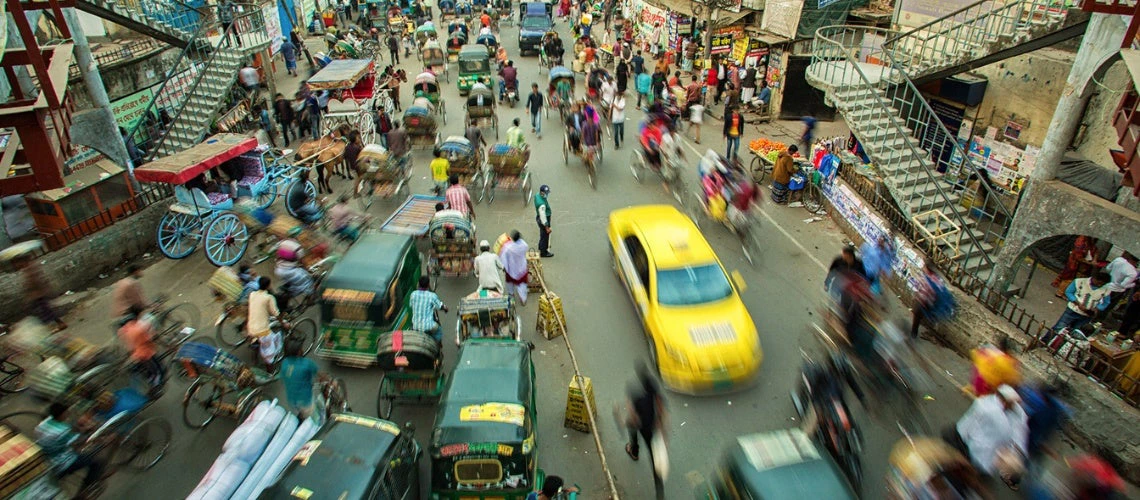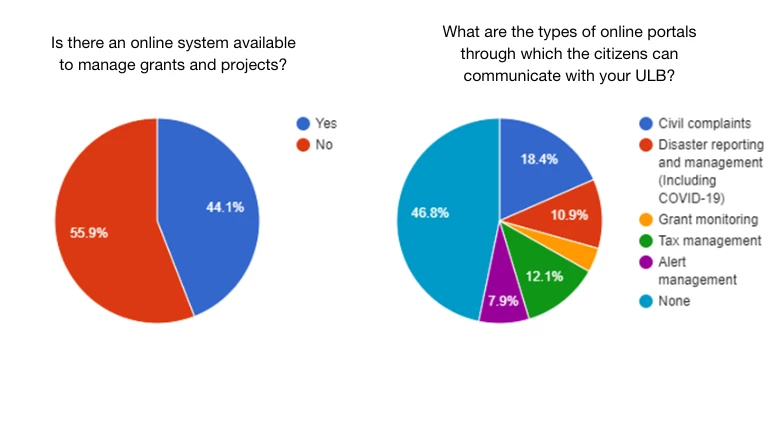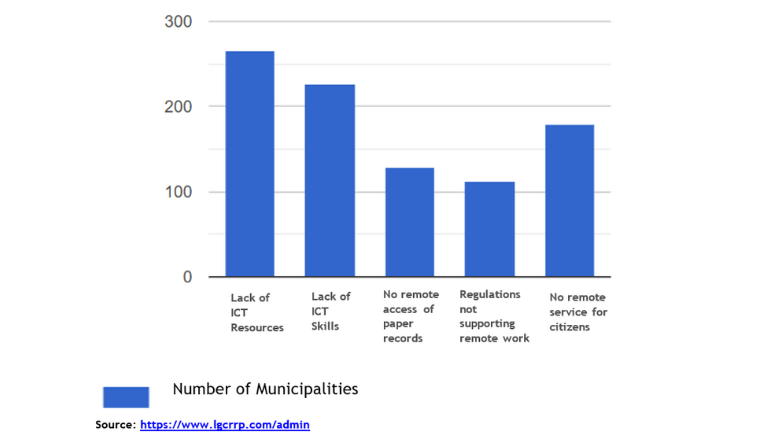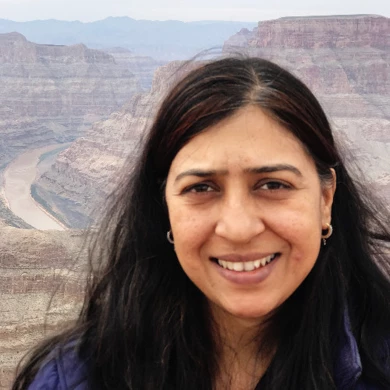 Streets of Dhaka
Streets of Dhaka
All of us who have visited or lived in cities of developing countries are familiar with a sense of dynamism and chaos. Development is often lagging behind economic growth, with an ever-increasing gap between the demand and supply of basic services and infrastructure. Bangladeshi cities are no different.
Take Dhaka, the capital city of Bangladesh, for example. Dhaka houses 13% of the country’s population, and accounts for about 21% of the national GDP. Despite the economic importance and dynamism of urban areas, social and physical indicators underline the massive challenges that Dhaka and other Bangladeshi cities face, including severe traffic congestion, pollution, limited municipal services coverage, and open spaces.
Now imagine if these urban areas grow manyfold in a short span of time. Around 36% of Bangladesh’s total population of 163 million currently lives in urban areas. This is expected to rise to 60% by 2050. Among many future challenges, climate change-related migration and an increase in disaster impacts will be pressing issues in urban areas where services and infrastructure are already overwhelmed.
The COVID-19 crisis, which disproportionately affected urban areas compared to rural areas in Bangladesh, provides a glimpse of the kind of disruption that could come from climate change and other future shocks.
On the driving seats to deal with these monumental challenges are urban local governments—in charge of equitably providing services and infrastructure to all citizens—closest to the people but with relatively limited resources and empowerment. Any far-reaching and sustainable change must start with these local governments.
The COVID-19 crisis gave a pause to the chaos — and an opportunity to think, reset and do things in a more resilient and inclusive way. So, when the Local Government COVID-19 Response and Recovery Project (LGCRRP) preparation started, to support Bangladeshi local governments in the aftermath of the COVID crisis, the question was not only how to effectively help urban local governments remain in the driver's seat, strengthen their ability to recover from COVID-19 impacts, but also to build resilience from future shocks. The Government and World Bank project preparation team started by asking these very local governments about their needs, and how digital technology can be used to improve local government effectiveness.
Local Government COVID-19 Response and Recovery Project
An online web-based survey was conducted with the support of the World Bank’s Global Smart City Partnership Program, covering all 329 municipalities and 12 city corporations of Bangladesh to understand the status and needs of municipal staff, and to identify smart technological support to improve municipal functioning during COVID-19 recovery period and build back better. The web-based survey also generated a living baseline to track any progress under the project.
The survey identified that urban local governments have made significant progress on digital technology and need further support to improve online systems to connect with citizens and support remote work, especially during crises such as COVID-19. The survey identified some common needs. It also showed that different municipalities have varying needs and are in different situations with respect to post-COVID-19 recovery. Close to half of the 318 municipalities that answered the survey do not have any online system to support remote work or an online portal to connect with citizens.
Key Results from the Online Survey

Most of the municipalities surveyed want to improve the transition to remote working but need resources and skills. They also need support in improving regulations for remote working and moving from paper to online records to be better able to serve citizens.

Based on the survey results, and under the overall leadership and guidance of the Government of Bangladesh, the Local Government COVID-19 Response and Recovery Project was designed as a pragmatic yet flexible intervention to support varying local needs and improve local government ownership and capacity. Digital infrastructure improvement is a critical focus of the project. The project, which became effective in August 2022, supports urban local governments through six-monthly grants, for providing support among other areas on hardware, software, and training needs based on local demand. It also provides systematic help to set up a municipal web portal and improve remote services for citizens, alert them for disasters, improve remote working and own source revenue administration for local governments, and develop management information systems for local governments to track their financial and procurement actions.
While the project will support key findings from the survey, many other critical interventions are needed in the long term for sustainable digital transformation. These are related to improving regulations to support remote working, moving from paper to online records, improving technical and financial resources to improve and sustain municipal digital infrastructure in cities, safeguarding online information, learning, and adapting to digital systems.
Achieving full municipal digital transformation will take time, but the approach adopted in designing the Local Government COVID-19 Response and Recovery Project through an online survey was an extremely useful tool during the COVID-19 environment and an innovative approach to keep local governments in the driving seat. It helped in designing flexible yet pragmatic operations to support local governments in the short-term and identifying areas of reforms in the long term. It also gave the national government a clear insight into the challenges faced by urban local governments and generated a baseline, in terms of survey results, to track progress.
Bangladeshi cities and towns are entering a new phase by embracing digital technologies and tools to help them prepare well for the daunting challenges of the future. The government and development partners have a crucial role to play in this transformation by keeping urban local governments in the driving seat so they can continue supporting the resilience and dynamism of urban areas.


Join the Conversation